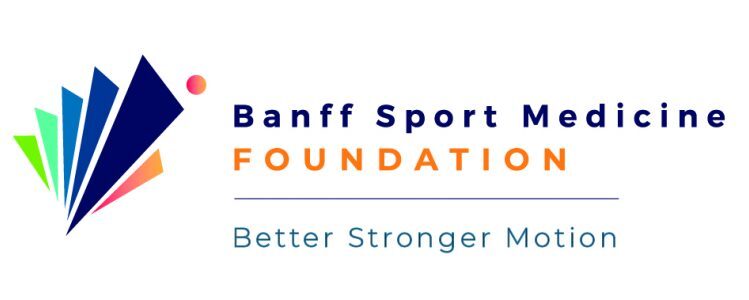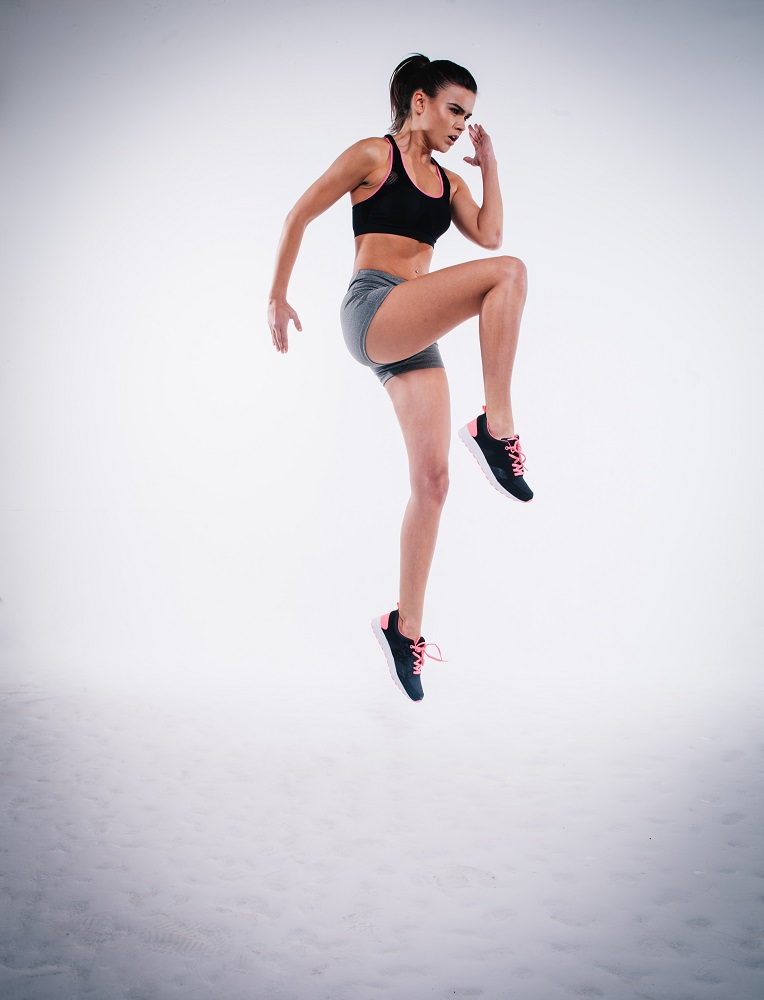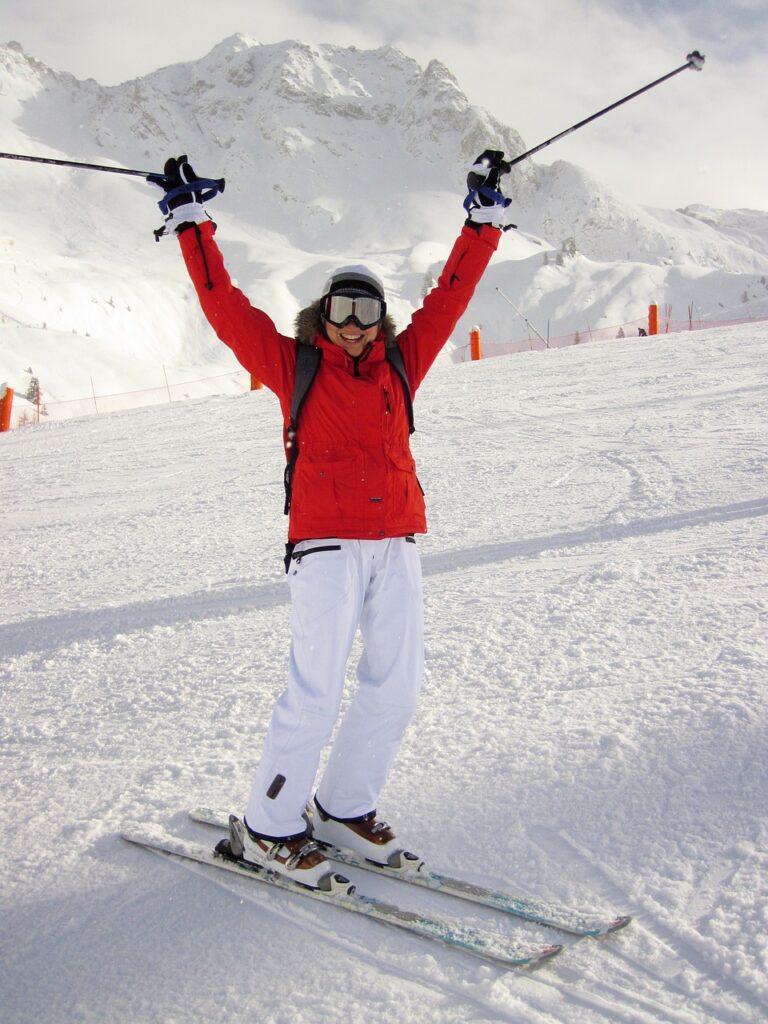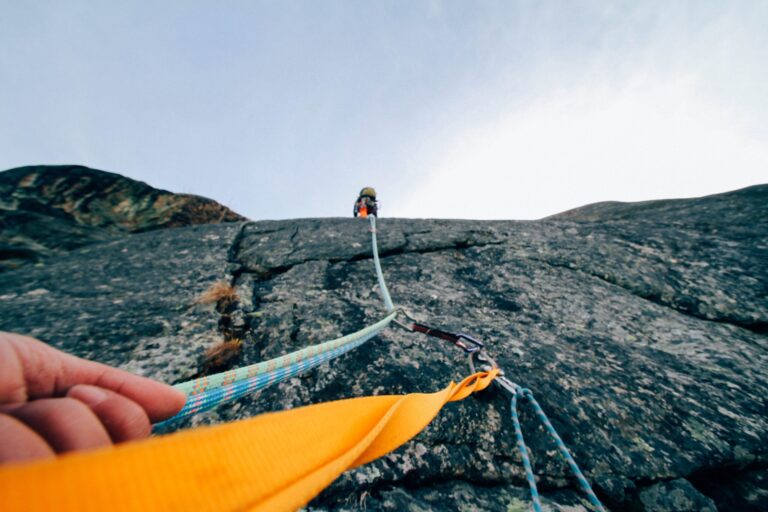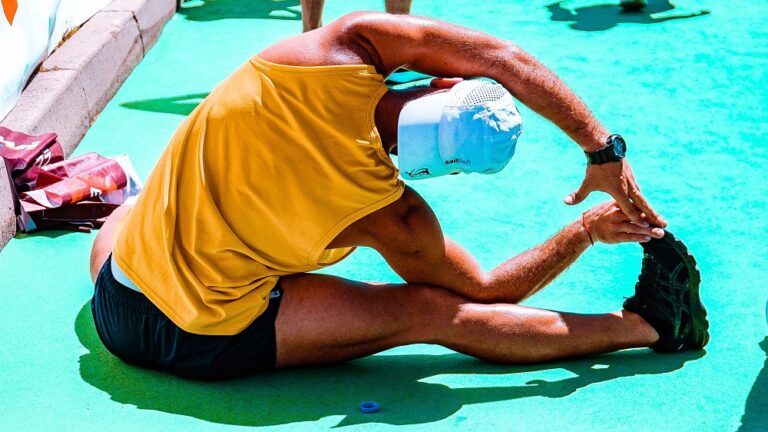How to enhance your performance, for free
In his latest Bow Valley Crag & Canyon post, Banff Sport Medicine Physician, Dr Andy Reed, discusses an often overlooked method to enhance your performance.
Read the article below!
Last weekend we lost an hour of sleep with the start of Daylight Savings Time. This may not seem like a huge deal, but I began to wonder if there is much data on health risks associated with losing an hour of sleep.
Sure enough, after some digging around on Pubmed I found a few published studies suggesting that, yes, after the clocks spring forward in March, there is a spike in workplace injuries the following Monday.
Motor vehicle accidents are more common immediately after the onset of daylight savings time, and there is an increase in heart attacks on the first 3 days afterwards. Sleep, it seems, plays a huge role in the optimization of health, and not only health per se, but also athletic performance.
In fact, I’d go so far as to say that sleep is by far and a way the most potent performance enhancer we have; and it’s free, and completely legal!
If you are a weekend warrior, an elite athlete, or even just an active Bow Valley resident looking to optimize your health, feel your best, improve your cognitive function, mood and sense of well-being, then you cannot go far wrong by trying to optimize your sleep routine.
Effects of chronic sleep deprivation
Unfortunately, chronic sleep deprivation is a huge problem in the western world.
We lead busy lives, and all too often we are burning the candle at both ends. Screen time is a huge problem and can significantly affect sleep quality. Our brains produce a hormone, melatonin, that primes us for sleep, and the light emitted from the LCD screens on our smart phones and TVs, tends to suppress melatonin production, signalling that we aren’t yet ready for sleep.
A 2014 meta-analysis looked at 67 studies published between 1999 and 2014, analyzing the effects of screen time on the sleep quantity and quality of school aged children. 90% of the reviewed papers showed negative effects on sleep patterns. I would argue that screen time has increased since 2014, so this problem is unlikely to have improved!
An often cited paper looking at the risk of sports related injuries and sleep duration in high school athletes showed that those athletes getting less than 7 hours of sleep per night were 1.7 times more likely to suffer an injury than those who got more than 8 hours.
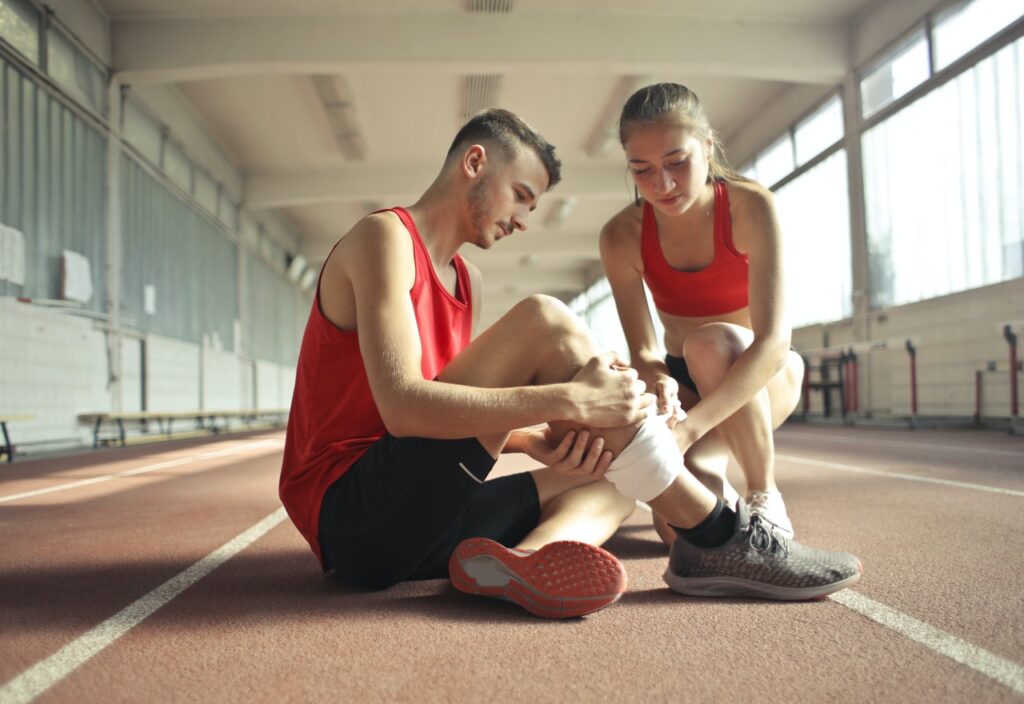
Aside from injury risk, we know that chronic sleep deprivation can hamper our efforts to lose weight, it affects our psychological state, and we are more at risk of viral illness given that our immune function is suppressed. None of these things will improve your athletic performance and overall health. Post menopausal females who get less than 5 hours of sleep per night have been shown to have lower bone density than those who regularly get more than 7 hours, and hence a higher chance of bone stress injuries or fracture.
How to avoid chronic sleep deprivation
To some extent daytime napping can make up for lack of sleep at night, but most of us working shifts or 9 to 5 jobs, don’t have that opportunity.
If you have the opportunity to grab a 20 minute power nap, then I’d highly recommend it. 20 minutes seems to be the sweet spot, but if that nap stretches out towards an hour, then you’re likely to wake feeling sluggish and sleepy.
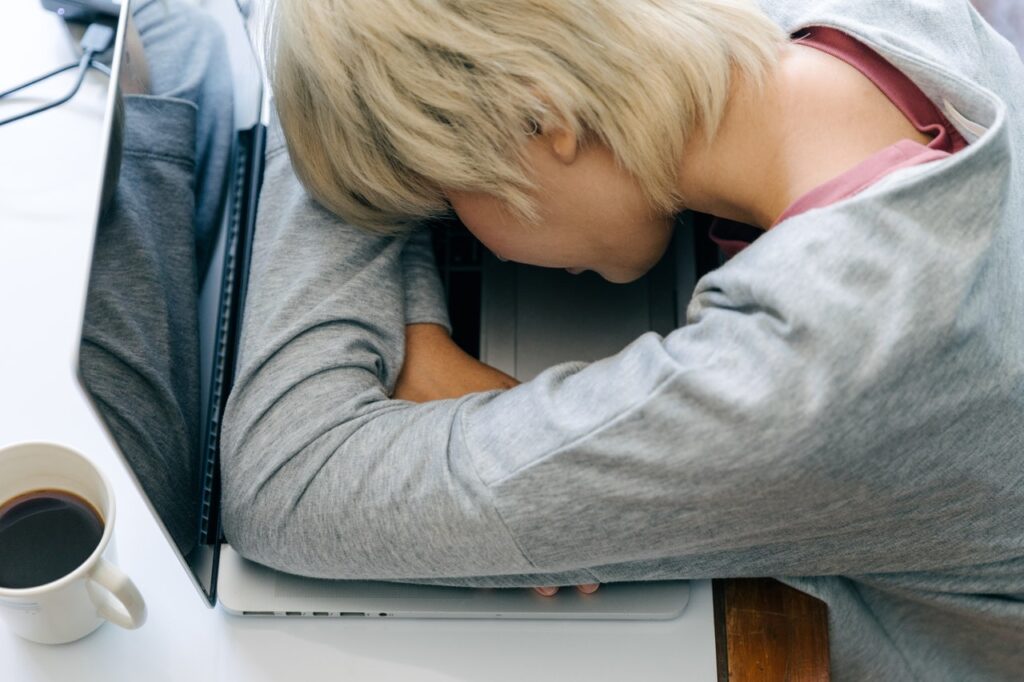
I recommend setting an alarm, or grabbing a small cup of coffee immediately before the nap. This helps you to wake feeling refreshed, energized, and ready to go. I was surprised when I first heard this, but we know that caffeine begins to kick in at about the 20 minute mark, so it makes sense.
Some companies are even beginning to make the afternoon nap part of their culture, as productivity increases after a quick post lunch nap.
For those that have trouble sleeping, a number of effective sleep strategies are available.
The term ‘sleep hygiene’ has been coined, and these tips are readily available online, just don’t leave it until bedtime, however, to research these!
The advice is very simple, but it’s amazing how effective it can be.
A few highlights would be to avoid caffeine and limit alcohol consumption in the 4 to 6 hours before bedtime. Nicotine can have a similar stimulant effect. Late evening vigorous exercise should be avoided if possible, along with sleep aids, and large meals.
Ensure that your bedroom is dark, cool and free from cell phone lights and notifications. Learn to wind down and introduce a calming pre-sleep routine. Lastly, get into the habit of getting up at the same time each day, even on weekends.
Most adults should be aiming for 7 hours of uninterrupted sleep per night. Teenagers and children need more, and if you’re an athlete training hard, then try to get up to 10 hours of sleep in the days before your big event.
You take your training and nutrition seriously, but I highly recommend learning to sleep like a champion too!
Expert Contributor

Dr Andy Reed, Banff Sport Medicine Physician and ultrarunning MD!
